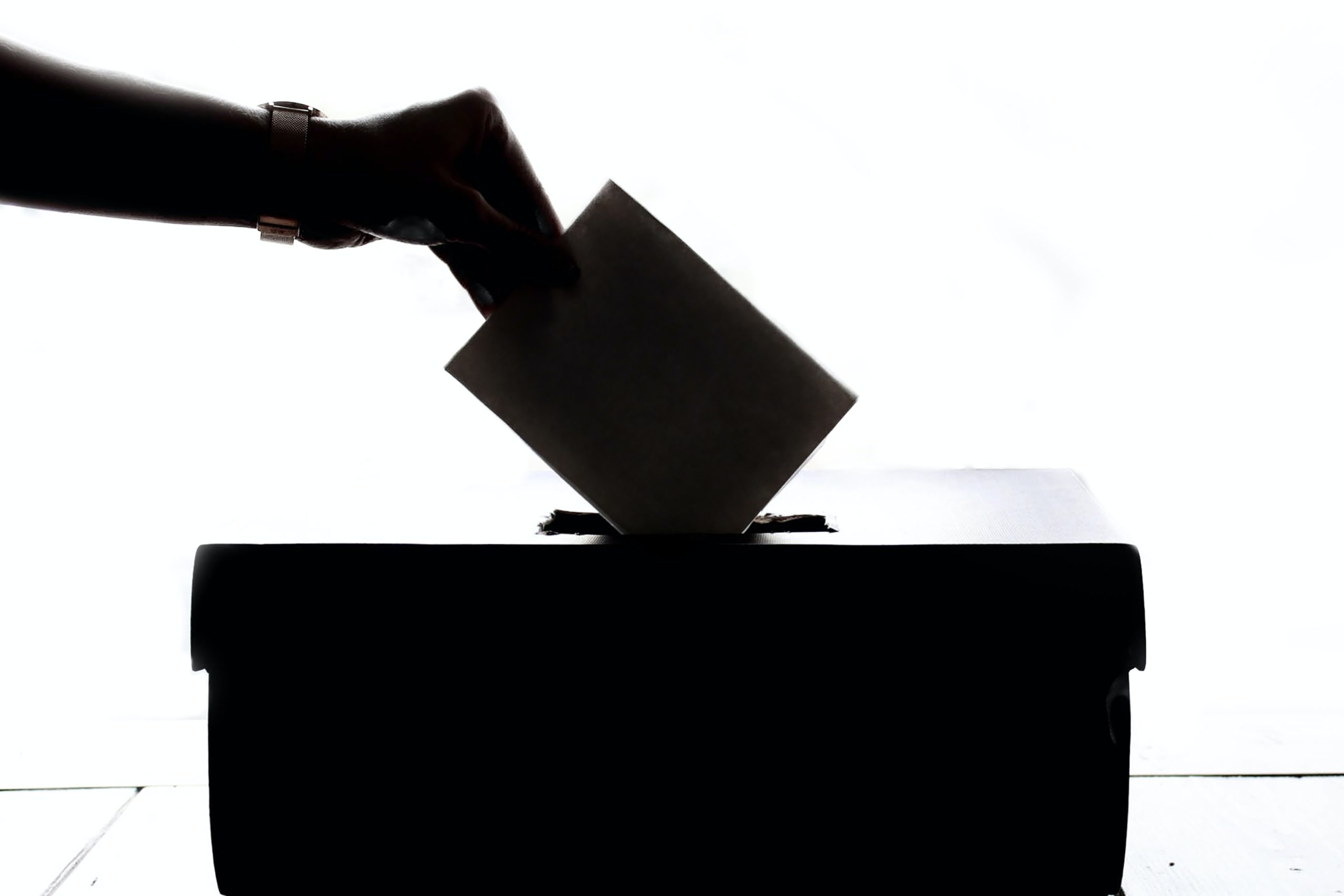Imagine flying first class in a reputable airline. Imagine the passenger beside you sneezed and coughed frequently throughout the duration of the flight. You’d tried in vain to dodge the pellets of catarrh that landed on your arm, face, and clothes. And days after you got off the flight, you came down with fever and flu-like symptoms, which the medics eventually diagnosed as COVID-19.
Can you or should you take legal action? As contentious as this sound, it is actually worth considering as the rapid spread of the coronavirus is largely due to the movement of infected persons who traveled by air to different parts of the globe.
Also, many travelers have claimed that they contracted the virus in an aircraft, and right now, many people are asking this million-dollar question:
Can you sue an airline for catching an infection in their airport or aircraft?
The coronavirus epidemic has caused injuries and losses to people and businesses, and this has created good opportunities and grounds for lawsuits.
Although the coronavirus COVID–19 pandemic is unprecedented, it is a good opportunity for lawyers to test and expand the existing laws.
International aviation is controlled by some international rules and regulations. The following is an appraisal of the most important ones.
The Warsaw Convention
This was the first attempt to regulate the emerging industry of international commercial aviation. The convention which was signed in 1929 provided air travelers with rights against airline operators.
The Montreal Convention.
The Montreal Convention was signed in 1999 and repealed the Warsaw convention of 1929. The Montreal Convention provided additional rights and obligations for air passengers and airlines respectively.
Under the Montreal Convention, all signatory countries and airlines are under strict liability for their passengers’ safety. Some of the provisions include among others:
- Unlimited liability in the event of death or injury of passengers.
- A Passenger can sue an airline in the passenger’s principal place of residence.
- The duty for air carriers to maintain adequate insurance.
- Under most international and national health guidelines, airlines must take some steps in order not to expose their passengers to health hazards.
An airline can, therefore, be liable for infecting passengers with the dreaded COVID-19, in the following circumstances:
- By negligently allowing a passenger with the virus to board an aircraft.
- By failing to provide a proper ventilation system in the aircraft.
- By failing to trace and detect an infected passenger where such information has been passed to it.
- By failing to clean and disinfect an aircraft before allowing new passengers to board.
- Failure to notify and warn passengers of the potential risk of infection.
One of the provisions of the convention is the unlimited liability of the airlines in the event of death or injury of passengers. Being infected with the coronavirus is equivalent to getting an injury.
In the cases of King v Bristow Helicopters; Morris v KLM, the British House of Lords defined an injury to include contracting an illness or infection.
What to prove in a COVID-19-inspired Lawsuit against an Airline or Airport.
To succeed in an action against an airline for infecting you with coronavirus, you need to:
- Prove that it was the airline that infected you with the virus.
- After proving that you were infected with the virus while boarding, inside, or disembarking from the aircraft, you must also prove that the airline was negligent in their actions.
- To successfully prove negligence, you and your lawyer must establish that your coronavirus infection was due to the carelessness of the airline or airport.
Establishing the negligence of the airlines is a tall order, but not impossible. It’s a feat many good lawyers can manage.
Obligations Of Airlines Under The Convention.
After the last SARS epidemic, the World Health Organization (WHO), in 2007, established health regulations to control, and detect communicable diseases. Airlines were required among other things to:
- Identify passengers with symptoms of infectious diseases.
- Isolate infected passengers.
- Ensure that appropriate medical care is provided onboard and on arrival.
- Ensure that the aircraft is equipped with proper medical equipment and supplies.
- Provision of appropriate sitting arrangements for easy isolation of passengers.
To determine the liability of an airline in the case of a passenger contracting the coronavirus in an aircraft, the courts will take into consideration whether an airline implemented the above measures.
The provisions of the conventions require airlines to exercise a high standard of care when dealing with their passengers.
The judge will consider your claim seriously and if at the end, the court finds that the airline hadn’t followed the required standard of care, then the court will hold them liable for your infection.
Final Thoughts.
The coronavirus has wreaked havoc on individuals, families, and businesses around the world. When the dust finally settles, there will be claims and counter-claims as people try to mitigate their losses.
Many of these claims are expected to be against airlines that have played a major role in spreading the coronavirus around the world.
Bio: Nonyerem is a lawyer and legal consultant for small and medium-scale businesses. He also writes well-researched contents, centered around law, technology, business, and finance niches. He is the founder of Law Truly and Midstream Buzz.











